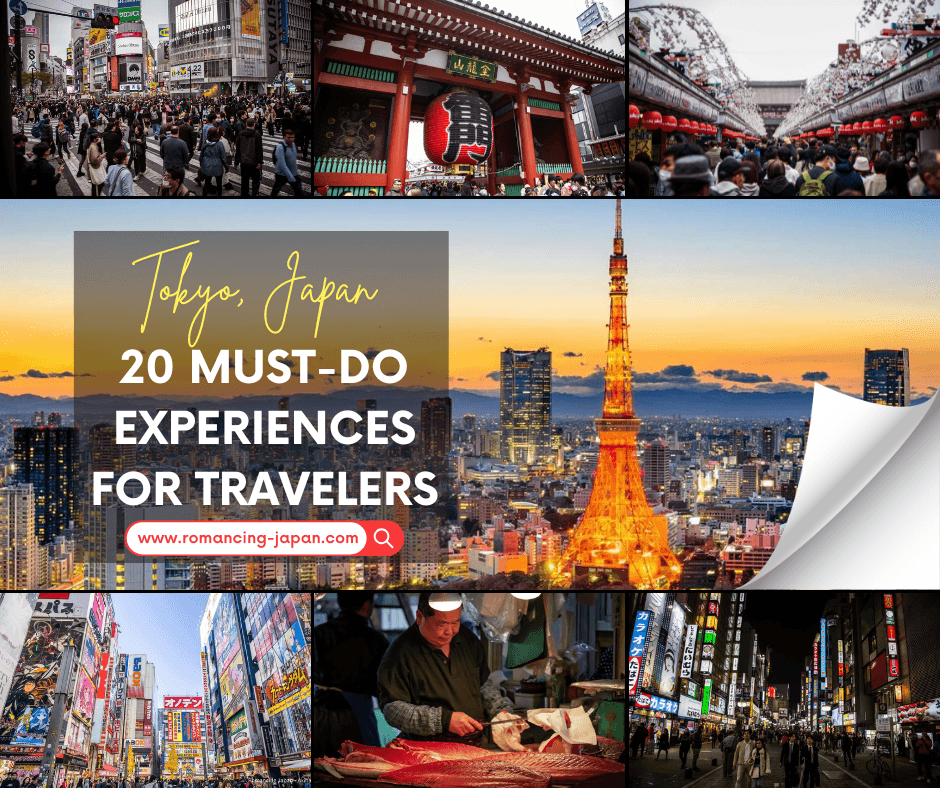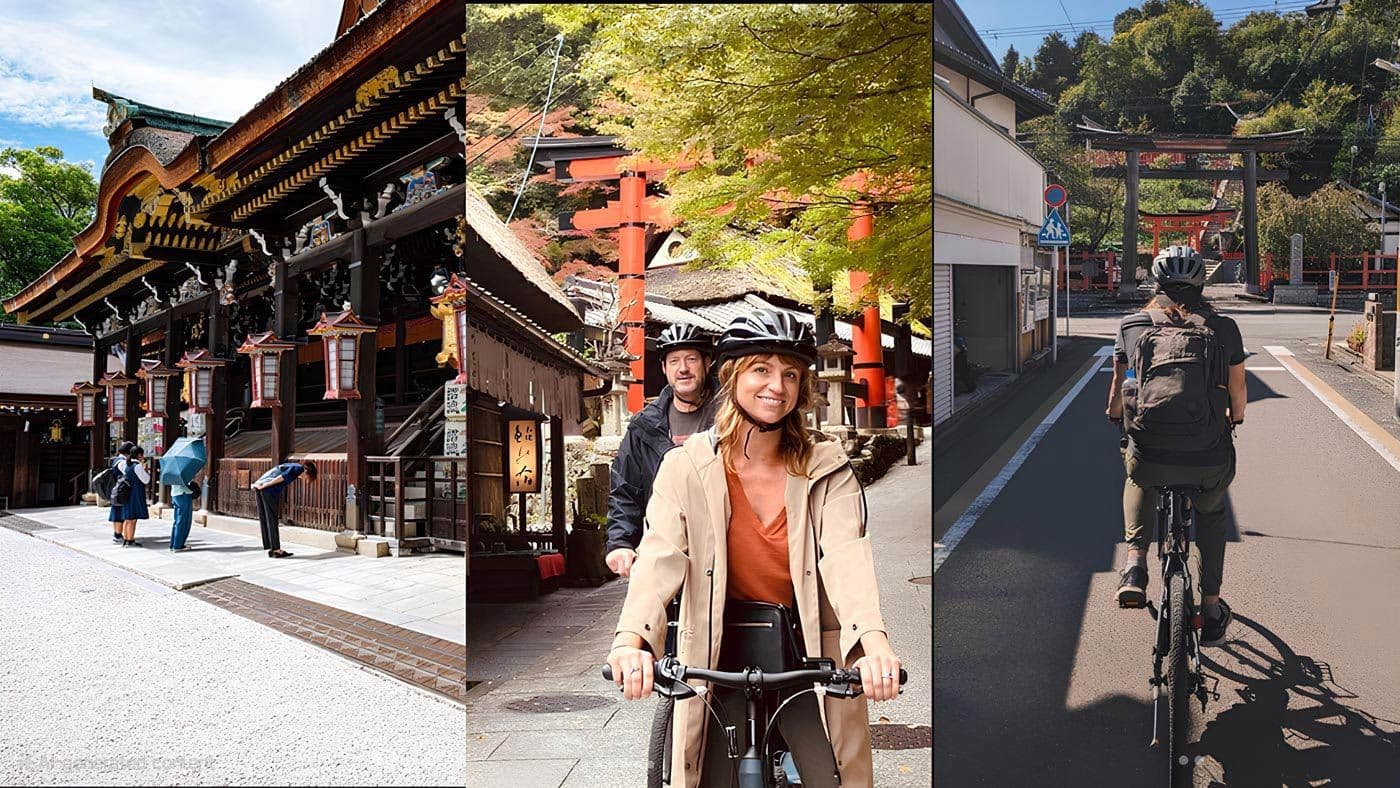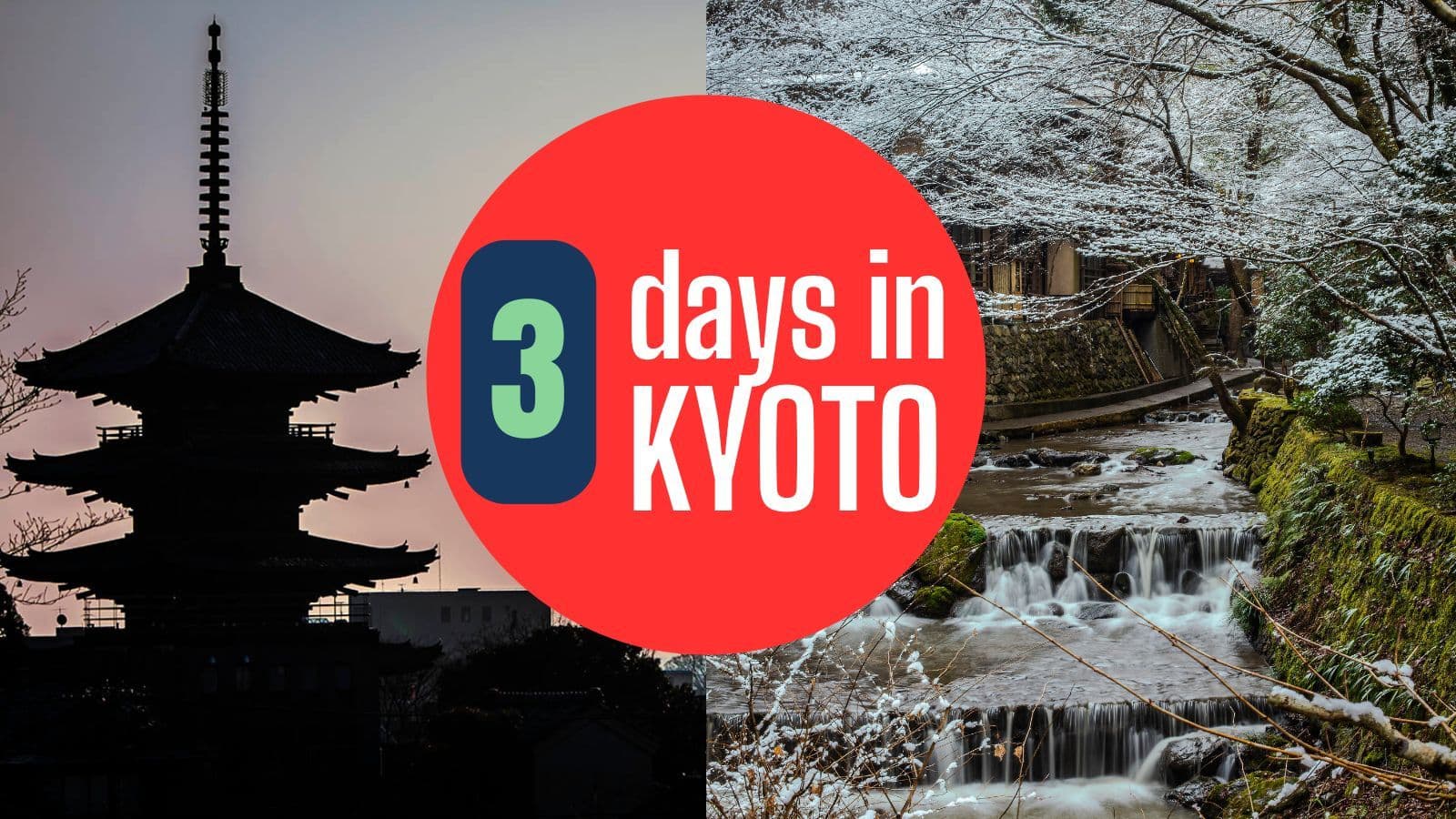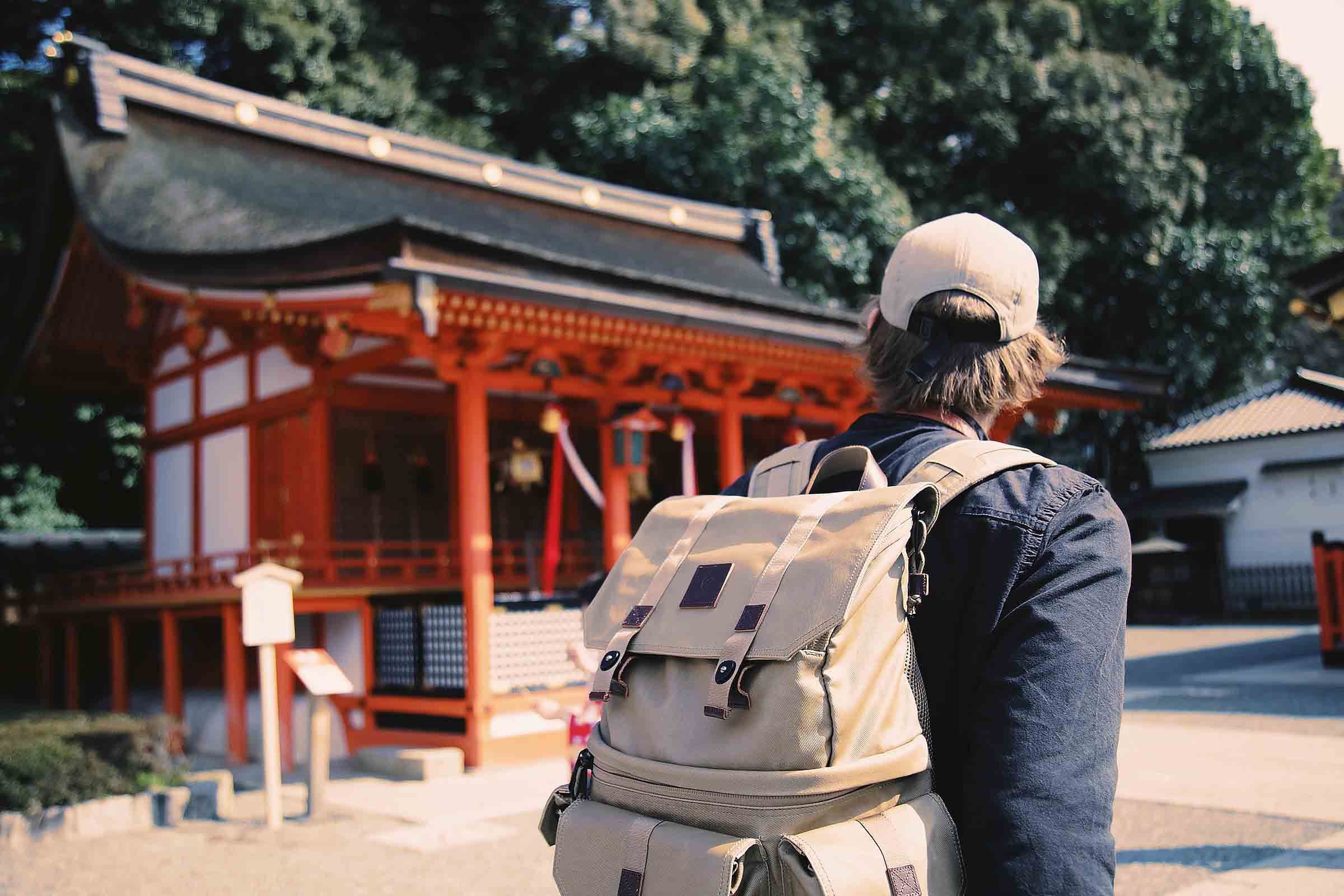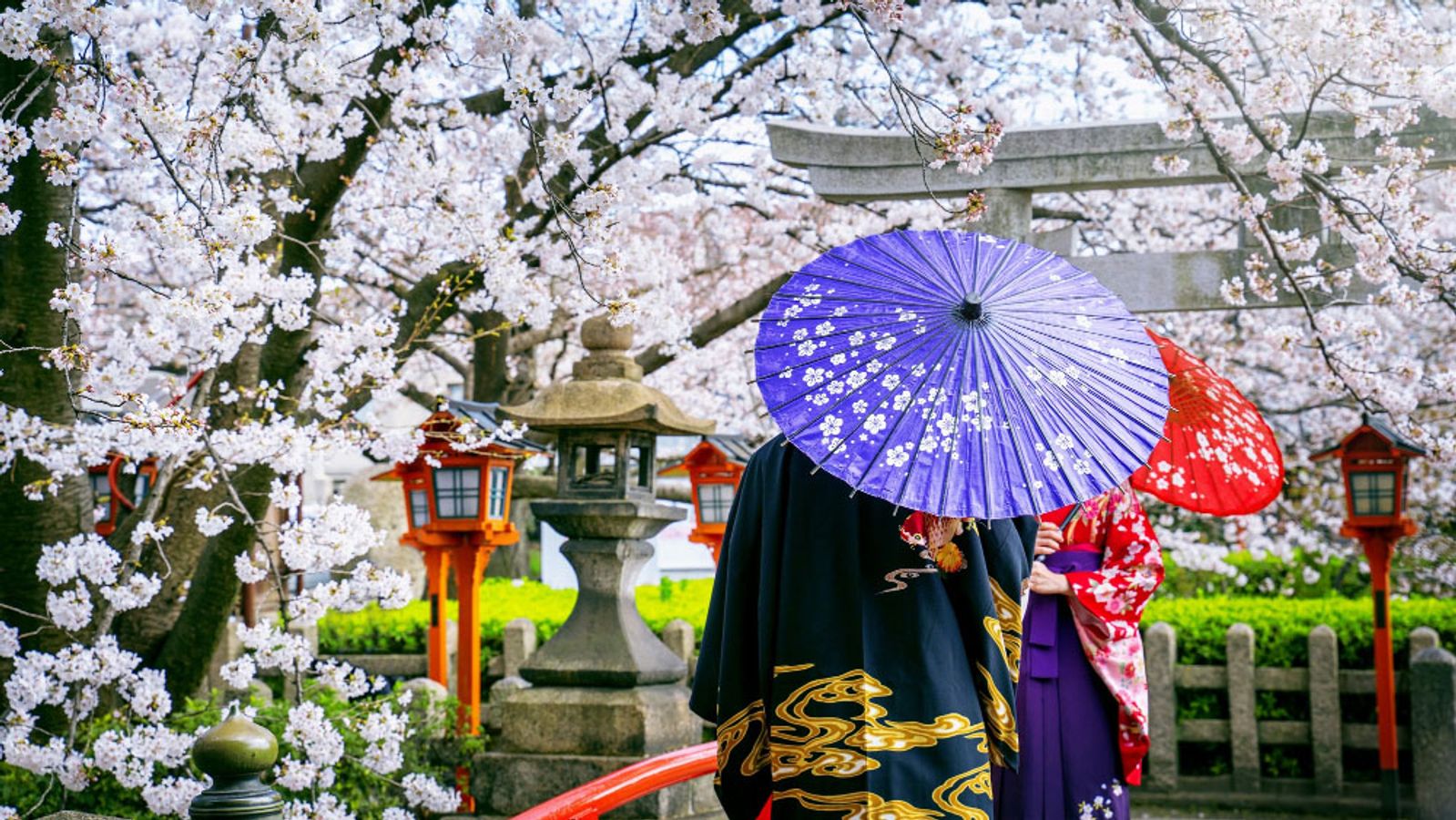
Top 20 Essential Japanese Phrases for Travelers: Quick Guide
Akari Saunders-Wyndham

Akari Saunders-Wyndham
Table of contents:
You've been planning you trip to Japan for a while, and you've finally made it long-awaited dream holiday. You're excited, but a little nervous. You've heard about issues caused by overtourism in Japan and you can't speak any Japanese. Don't worry! You don't need to know a lot of Japanese language to travel Japan. With a handful of useful basic Japanese phrases, you'll get around Japan with ease.
In this guide, we'll help you with the top 20 Japanese phrases for travelers. You'll learn:
While this guide provides essential Japanese phrases, if you’re looking to improve your Japanese skills before your trip, structured lessons from platforms like:
These apps can be a great way to boost your confidence. I regularly use language apps to help with me English study. Give one of them a go!

The most basic Japanese language skills you need are greetings. Remember these Japanese words and use them on your trip around Japan. If you learn to greet people, the Japanese locals will show great appreciation.
| English Phrase | Japanese Phrase | English to Japanese Translation |
| Good morning | ohayo / ohayogozaimasu | おはよう・おはようございます |
| Hello / Good afternoon | konnichiwa | こんにちは |
| Good evening | konbanwa | こんばんは |
| Goodbye | sayounara | さようなら |
| Goodnight | oyasuminasai | お休みなさい |
The perfect way to start your first day in Japan is to begin with "Ohayou gozaimasu" (おはよう ございます), which means "Good morning" in Japanese . This greeting is used before 10:00 a.m. and carries a formal tone, making it suitable for most situations . For a more casual interaction with friends or family, simply say "Ohayou" (おはよう).
Through the day, travelers find "Konnichiwa" (こんにちは) to be their most common greeting . This well-known phrase serves as a general "hello." It is usually used from late morning until sunset. It's a safe choice for various social situations, from meeting new people to entering shops or restaurants .
As the day moves into evening, the appropriate greeting to use is "Konbanwa" (こんばんは). This means "Good evening" in Japanese. This phrase is commonly used from sunset until late at night and is a polite way to greet others during this time.
As the day winds down or when parting ways, "Sayounara" (さようなら) is the classic way to say goodbye in Japanese . This farewell carries a sense of finality, similar to "farewell" in English. It's important to note that "Sayounara" is not typically used for casual partings or when you expect to see the person again soon .
If your staying at a ryokan (a traditional Japanese inn), you might find yourself saying goodnight to the staff. If this happens, you can say "oyasuminasai" (お休みなさい). This is how to say "goodnight" in Japanese . A shorter and more casual way of saying this is "oyasumi" (お休み).


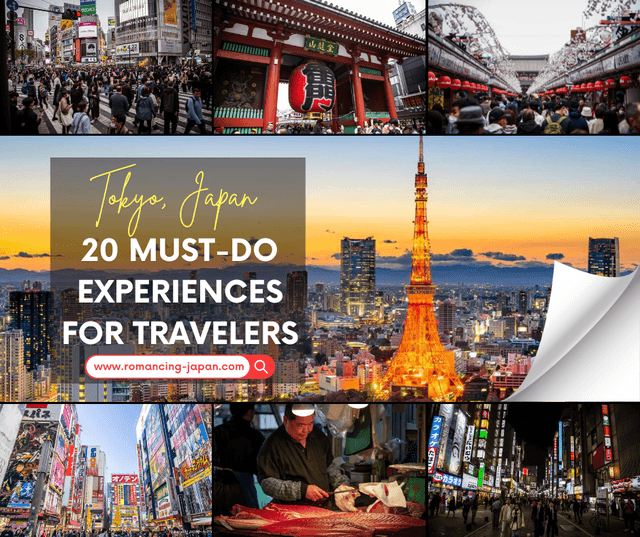
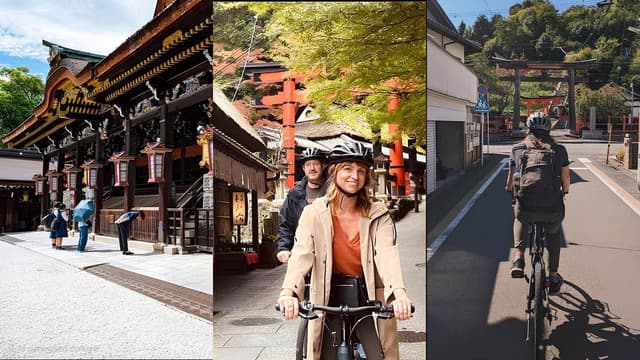
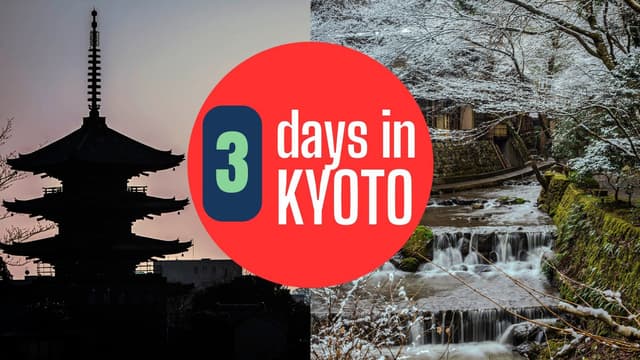

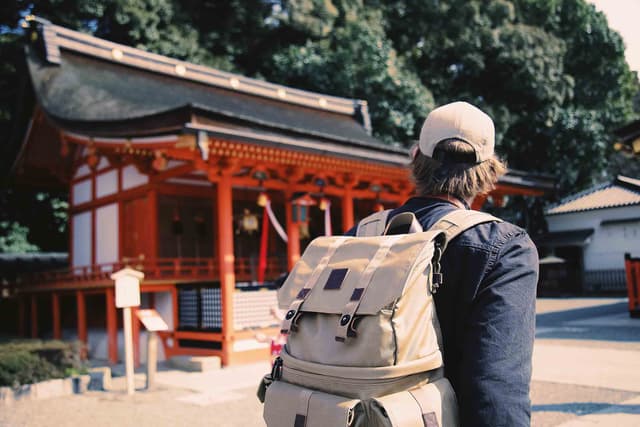

Going out shopping and trying delicious food are essential parts of any trip to Japan. You can make this experience even better by using a few key phrases to make interactions more enjoyable.
| English Phrase | Japanese Phrase | English to Japanese Translation |
| How much is it? | ikura desuka | いくらですか。 |
| I would like this, please. | kore kudasai / kore onegaishimasu | これください・これお願いします |
| It's delicious. | oishii desu | おいしいです。 |
| The bill, please. | okaikei onegashimasu | お会計お願いします。 |
When browsing through markets or small shops, one of the most useful phrases to know is "Ikura desu ka?" (いくらですか) .
This simple question means "How much is this?" and is perfect for inquiring about prices. Imagine pointing to a beautiful souvenir and confidently asking its cost. Bridging the language gap with ease!
You are shopping in a Kyoto market and you see something you want to buy. The phrase "Kore kudasai" (これください) means "This one, please".
This expression is useful when pointing to an item in a store or selecting a dish from a menu. For a more polite request, one can say "Kore onegaishimasu" (これお願いします) which means "I would like this, please".
Japanese cuisine is world-renowned. Expressing appreciation for a meal is an important part of the dining experience. "Oishii desu" (おいしいです) is the perfect phrase to convey that the food is delicious.
When you have finished your Japanese meal and you're ready to go, you should call out "Okaikei onegaishimasu" (お会計お願いします) . This means "Bill, please." It's a little long to say, but that is because it is using very polite Japanese. Any restaurant staff or bar staff in Japan will really be thankful if you can say this.

Navigating Japan's transportation system can be an exciting part of the travel experience. With a few key phrases, travelers can get around Japan's famous public transport system with ease.
| English Phrase | Japanese Phrase | English to Japanese Translation |
| Where is the station? | Eki wa doko desu ka? | 駅はどこですか。 |
| Does this bus go to...? | Kono basu wa (...) ni ikimasu ka? | このバスは(...)に行きますか。 |
| Please call a taxi. | Takushii o yonde kudasai | タクシーを読んでください。 |
One of the most useful Japanese phrases for travelers is "Eki wa doko desu ka?" (駅はどこですか) which means "Where is the station?" This simple Japanese phrase can be a lifesaver when trying to locate the nearest train or subway station. Japanese people are often willing to help, and many will go out of their way to guide lost travelers .
When using busses, it's essential to know how to ask if the bus goes to a specific destination. For example, if you want to go to Kyoto Station (Kyoto eki), you say "Kono basu wa Kyoto eki ni ikimasu ka?" (このバスは京都駅に行きますか).
For times when public transportation isn't available or convenient, knowing how to request a taxi is crucial. "Taxi o yonde kudasai" (タクシーを読んでください) means "Please call a taxi" . In major cities, taxis are plentiful and can be hailed on the street or found at designated taxi stands, often located near train stations .

Understanding proper Japanese etiquette and polite expressions can change your travel experience. It can open doors to meaningful interactions and show your respect for local customs.
| English Phrase | Japanese Phrase | English to Japanese Translation |
| Excuse me / Sorry | Sumimasen | すみません。 |
| Thank you very much | Arigatou gozaimasu | ありがとうございます。 |
| Nice to meet you. | Yoroshiku onegaishimasu | よろしくお願いします。 |
"Sumimasen" (すみません) is a phrase that every traveler should know because you will use it often. Picture yourself accidentally bumping into someone on a crowded Tokyo subway platform. Saying "Sumimasen" is a polite apology. But that's not all! this word also means "excuse me." When you need to get through a packed izakaya or busy Tokyo street, this word will come in handy.
Between Japan's traditional temples and high-tech shops, you'll find many chances to show gratitude. "Arigatou gozaimasu" is your go-to phrase for showing appreciation . Use it when receiving directions from a helpful stranger on the streets of Osaka or being served a delicious meal at a local Tokyo restaurant.
When meeting new people during your travels, "Yoroshiku onegaishimasu" (よろしくお願いします) is an essential phrase to know. It's a unique expression that doesn't have a direct English equivalent but conveys a mix of "nice to meet you" and "please take care of me" .

While emergencies are rare, knowing an essential phrases can make a significant difference. Let's explore some key expressions that could prove invaluable in critical moments.
| English Phrase | Japanese Phrase | English to Japanese Translation |
| Please help me! | Tasukete kudasai | 助けてください。 |
| Do you speak English? | Eigo ga hanasemasu ka | 英語が話せますか。 |
| Where is the hospital? | Byouin wa doko desu ka | 病院はどこですか。 |
| Call an ambulance! | Kyukyusha wo yonde | 救急車を呼んで |
| Call the police! | Keisatsu wo yonde | 警察を呼んで |
In any emergency, the ability to call for help is crucial. "Tasukete kudasai" (助けてください) is a powerful phrase meaning "Please help me" . This simple yet effective expression can quickly alert those around you that you're in distress on a crowded Japanese street.
When seeking help, it's often useful to find someone who speaks English. "Eigo ga hanasemasu ka?" (英語が話せますか?) translates to "Do you speak English?" While many Japanese people, especially in urban areas and tourist spots, have some English ability, it's polite to ask first .
Remember to use sumimasen (excuse me - すみません) before asking about their language skills. If you're in a more urgent situation, you can simplify it to "English?" which most Japanese people over 10 understand .
In case of a medical emergency, knowing how to ask for the nearest hospital is essential. "Byouin wa doko desu ka?" (病院はどこですか。) means "Where is the hospital?" . Remember that many hospitals in Japan offer multilingual services.
For more severe emergencies, remember these critical phrases:
In Japan, 119 is the number for fire and medical emergencies, while 110 is for police and traffic accidents .
Mastering these essential Japanese phrases can truly transform your travel experience in Japan. By using these expressions on your Japanese trip, you'll connect more with the local culture and people. From getting around on public transportation to showing respect in social interactions. These phrases open doors to authentic experiences and memorable encounters.
No, you don’t need to know Japanese to travel in Japan, but learning a few basic phrases can make your trip much easier and more enjoyable. Many signs in major cities are in English, and translation apps can help, but speaking simple Japanese can improve your interactions with locals.
Some of the most useful Japanese phrases for tourists include: - "Sumimasen" (すみません) – Excuse me / Sorry - "Ikura desu ka?" (いくらですか?) – How much is this? - "Eki wa doko desu ka?" (駅はどこですか?) – Where is the station? - "Okaikei onegaishimasu" (お会計お願いします。) – The bill, please - "Tasukete kudasai" (助けてください) – Please help me!
Yes, you can travel to Japan even if you only speak English. Many major cities like Tokyo, Osaka, and Kyoto have English signs, and some staff at hotels, train stations, and tourist attractions can speak basic English. However, in smaller towns and rural areas, English may not be as common, so using a translation app or learning a few key Japanese phrases can be helpful.
If you need help, you can say: - "Tasukete kudasai" (助けてください) – Please help me! - "Eigo ga hanasemasu ka?" (英語が話せますか?) – Do you speak English? - "Keisatsu o yonde!" (警察を呼んで!) – Call the police! These phrases can be very useful in emergencies.
Loading Comments...

Hi everyone! My name is Akari and I'm a Kyoto native. I've studied English from a young age. I lived in Melbourne, Australia, for couple of years with my husband, James. However, I wanted to raise a family in my home country. I love cooking Japanese food at home because its much easier than people think. I also love discovering new places around Japan to take my family. I hope that my writing can help you discover more about Japanese culture.
